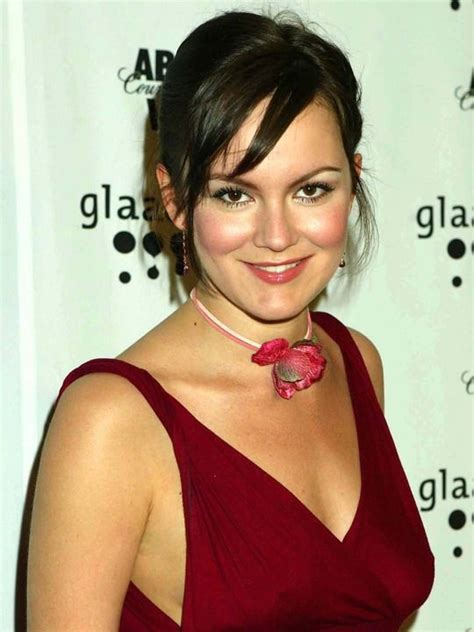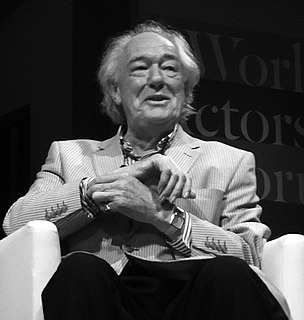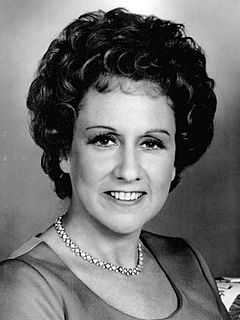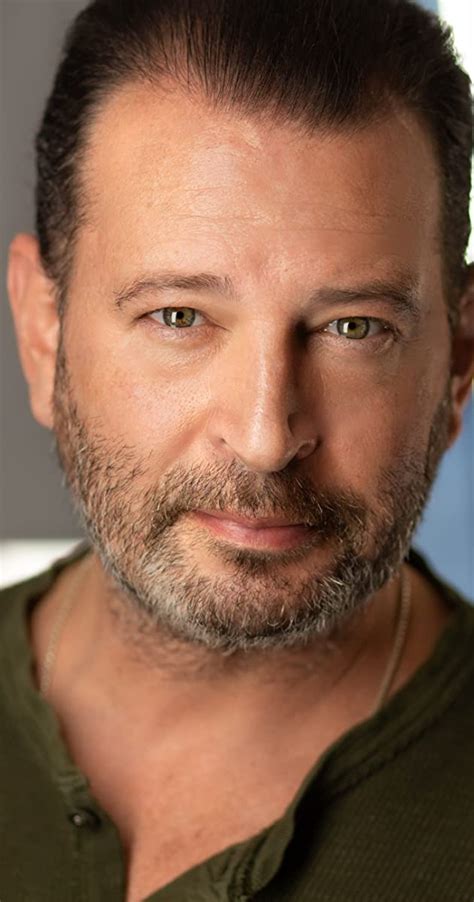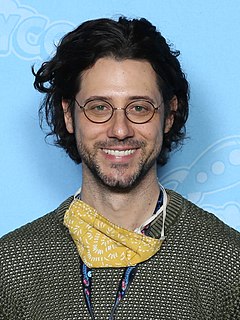A Quote by Rachael Stirling
The theatre always felt like home, and it does to this day. When I do screen acting, I miss telling a story from beginning to end, as you do nightly on stage. I love that relationship with the audience and how it changes each night.
Related Quotes
Stories are there to be told, and each story changes with the telling. Time changes them. Logic changes them. Grammar changes them. History changes them. Each story is shifted side-ways by each day that unfolds. Nothing ends. The only thing that matters, as Faulkner once put it, is the human heart in conflict with itself. At the heart of all this is the possibility, or desire, to create a piece of art that talks to the human instinct for recovery and joy.
I tell the story to you now, but in each telling the story itself changes a little, changes direction, and that in turn changes you and me. So be very careful not only in how you repeat it but in how you remember it, goslings. More often than you realize it, the world is shaped by two things -- stories told and the memories they leave behind.
The theatre starts every night at half past seven, and I like the rhythm of going to the theatre, parking the car, going to the stage door; I've grown up with all of that. I'd love to do more theatre - I mean, I shouldn't be telling the world that I can't remember lines any more, but I find it more and more difficult, so I don't know.
I have a very healthy relationship to my work, and I find that if a scene is working, no matter how intense it is, you have the catharsis on screen, and you can let it go. I think it's, if at the end of the day you feel like you haven't cracked it, that's when you go home and it's more difficult to switch off.
When I set out to write a screenplay, I have in my mind a beginning and an end but that end part continually changes as I start to write the middle. That way by the time the screenplay is finished I have taken myself and my audience from a familiar beginning point through the story to an unfamiliar ending point.
I got on stage and I went, "Oh wow. No stage fright." I couldn't do public speaking, and I couldn't play the piano in front of people, but I could act. I found that being on stage, I felt, "This is home." I felt an immediate right thing, and the exchange between the audience and the actors on stage was so fulfilling. I just went, "That is the conversation I want to have."
Every story is flawed, every story is subject to change. Even after it is set down to print, between covers of a book, a story is not immune to alteration. People can go on telling it in their own way, remembering it the way they want. And in each telling the ending may change, or even the beginning. Inevitably, in some cases it will be worse, and in others it just might be better. A story, after all, does not only belong to the one who is telling it. It belongs, in equal measure, to the one who is listening.
